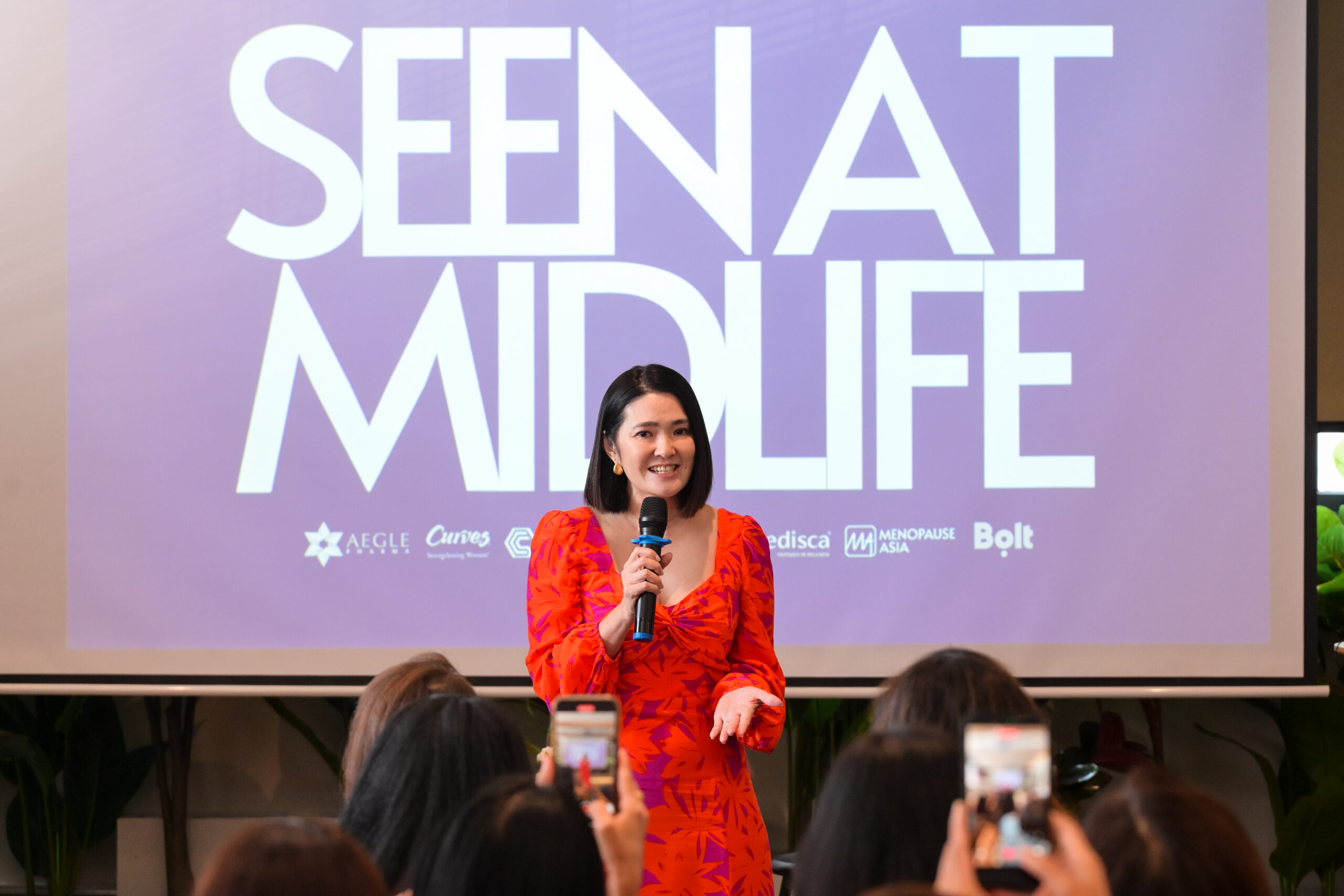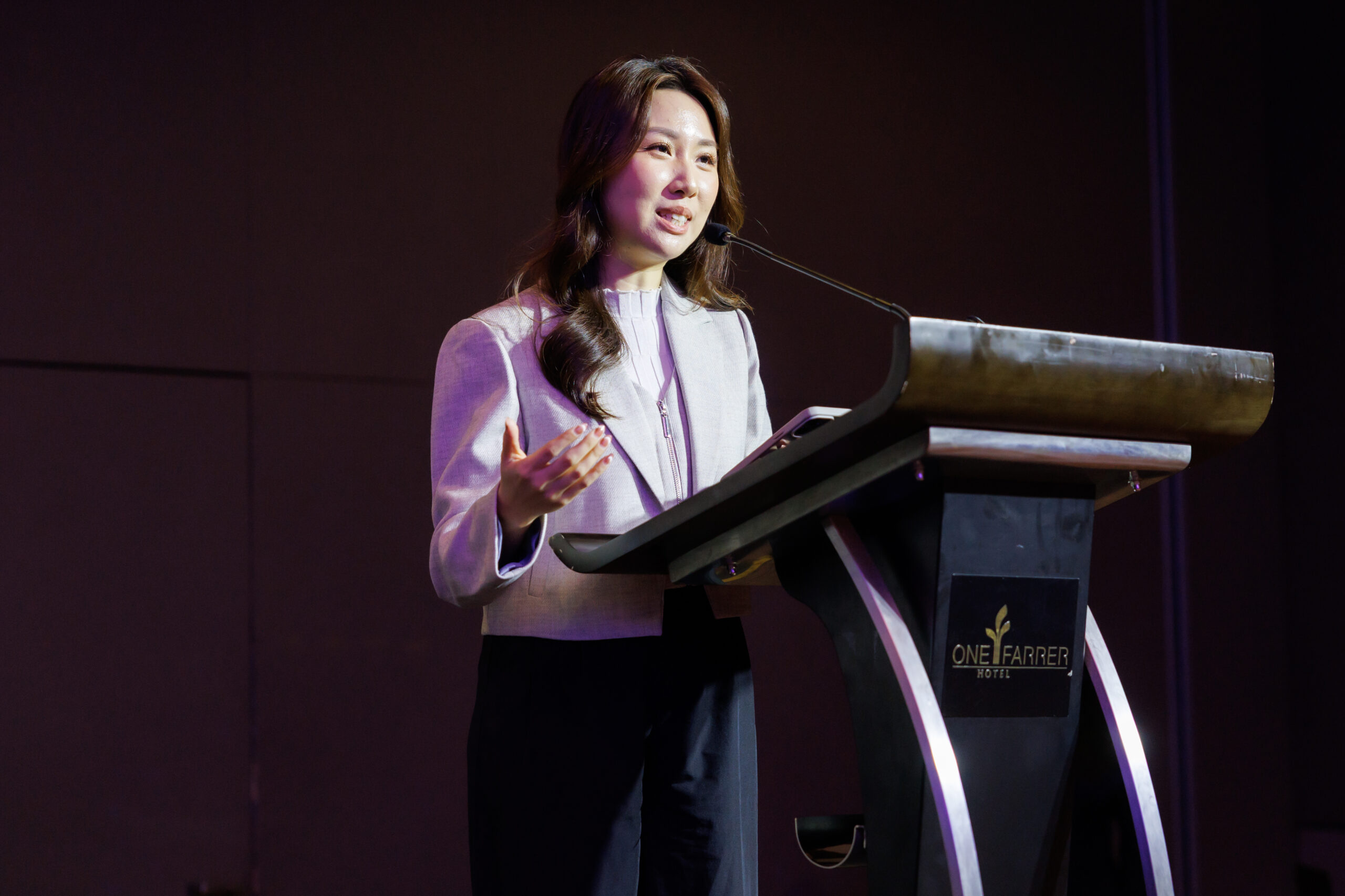Young employees propel generative AI adoption in Asia-Pacific
- Josephine Tan

Tech-savvy young employees, dubbed Generation AI, have been driving the adoption of generative AI technologies across Asia-Pacific, presenting new challenges and opportunities for employers.
According to a recent report from Deloitte Insights, titled Generative AI in Asia-Pacific: Young employees lead as employers play catch-up, these young employees have been leveraging AI to save work hours, develop new skills, manage workloads more sustainably, and boost productivity.
The report, which surveyed 11,900 individuals in the region, revealed that Generation AI is significantly impacting workplace dynamics. These employees are at the forefront of AI usage, although only half believe their managers are aware of their AI activities. Furthermore, generative AI is projected to affect nearly 1.1 billion work hours annually, representing 17% of total working hours.
In developing countries, the adoption rates of generative AI surpass those in developed economies by 30%, potentially disrupting traditional technology hierarchies. AI users report saving an average of 6.3 hours per week, which they can reinvest in acquiring new skills. Additionally, 41% of those who benefit from these time savings said it has improved their work-life balance.
Despite these advancements, three-quarters of organisations are reportedly lagging in AI adoption, according to their employees.
READ MORE: StarHub drives growth and fosters future-ready workforce with AI
Chris Lewin, AI & Data Capability Leader at Deloitte Asia-Pacific, commented, “One of the most exciting aspects of working with generative AI is that across the globe it is happening to everything, everywhere, all at once. What we’ve experienced in the last 12 months is that the challenges faced by our clients in Indonesia or India are almost immediately relevant to teams in Italy and Ireland.”
“One key lesson is that the rapid adoption of AI won’t directly eliminate jobs, but the impact will be felt by organisations that fail to adapt. Their employees and in particular, talent new to the workforce, will be drawn to rival organisations offering AI applications that are capable of redrawing the future of modern work.”






